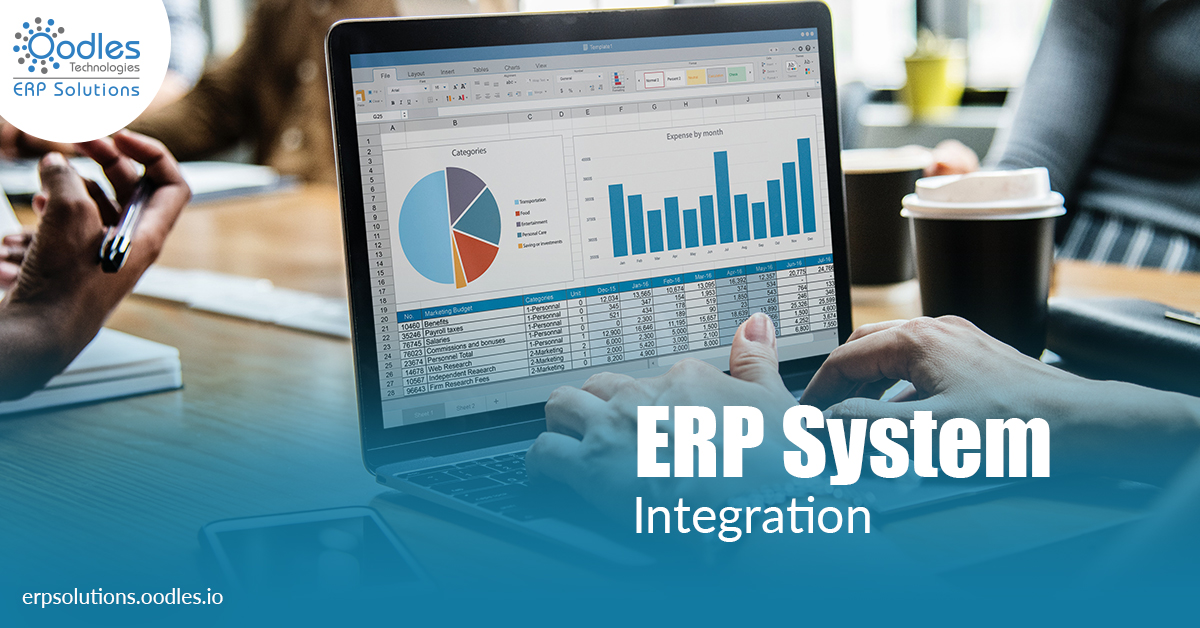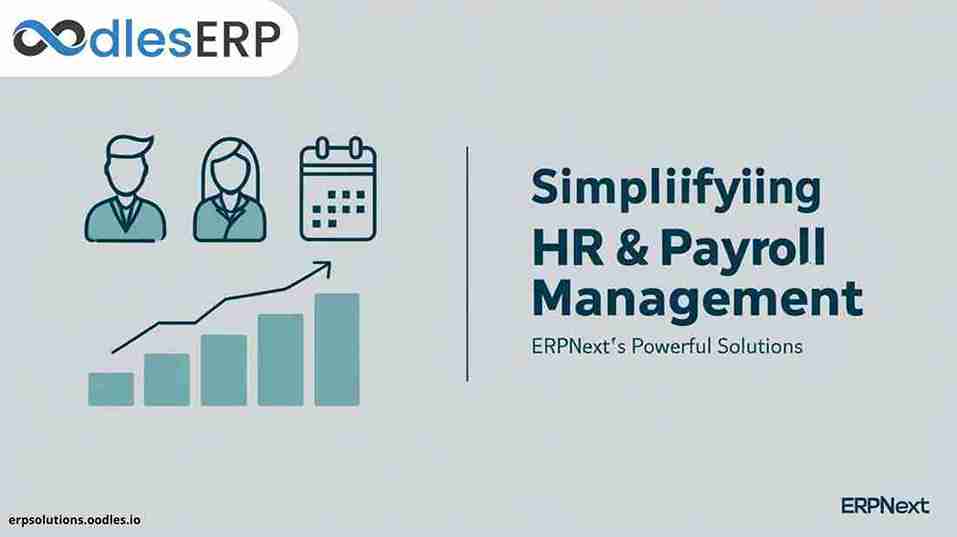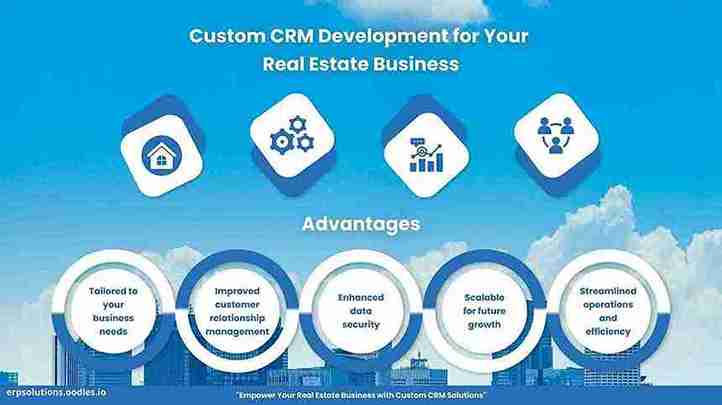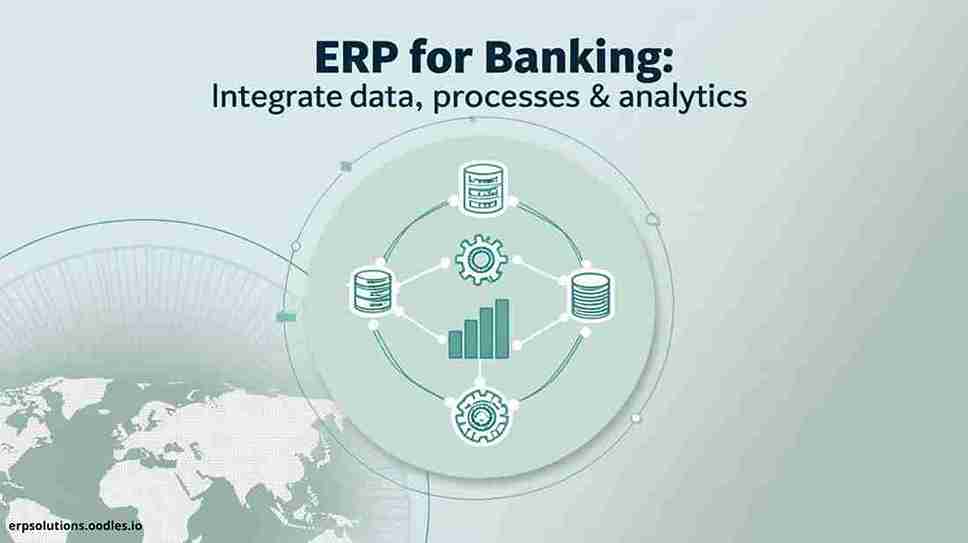Enterprise resource planning systems are utilized by many enterprises to manage critical operations of an organization in this modern era of evolving technologies. With the passage of time, ERP systems have evolved into their best versions to address common business problems and streamline the workflow of an organization. Relying on obsolete methods can hinder the progress of your company. ERP systems need to be upgraded and integrated to meet with the growing needs of the company. ERP system integration is an integral way to make the most out of ERP solutions. Integrating ERP systems with other applications is a complex process but it is important. And this integration should be done properly otherwise companies may face problems in automating and optimizing core processes and keep up with new technological trends.
The importance of ERP system Integration(s)
An ERP system manages and organizes all business data in a centralized database. ERPs, help to manage manufacturing, inventory, finance, customers, shipping, etc from a single location. Though in order to make the full use of software, it needs to be integrated with other software applications. This way your software data can be synced bidirectionally with other systems and share data easily to improve the overall accuracy of business decisions.

Common Use Cases of ERP Integration:
ERP and CRM Integration:
ERP and CRM system is the most common integration that can’t be kept separate. Salesforce CRM, HubSpot, Workbooks, etc are the popular CRM platforms that need to be integrated with ERP for maximum output in businesses. ERP integration with CRM helps a salesperson to have access to customer data faster. This connection accelerates data sharing with partner networks.
Also Read: A Comprehensive List Of Best ERP Integrations To Adopt
ERP Integration with Third Party Systems:
ERP systems can be integrated with a third-party application for gaining quick access to important and relevant data. The integration with numerous third-party systems significantly expedites the speed of order processing tasks.
ERP system integration is a challenge
ERP system integration is sure to give substantial advantages to firms. However, it is a challenging task. ERP solutions deal with a lot of business data and they usually form data silos. So, technical teams encounter many hurdles in the process of integrating ERP systems with other applications.
Software as a Service (SaaS) based platforms are very popular and have been used hugely. It has a different design model and data format. These structural variations make it difficult for integrating ERP applications with a cloud-based application like Salesforce.








